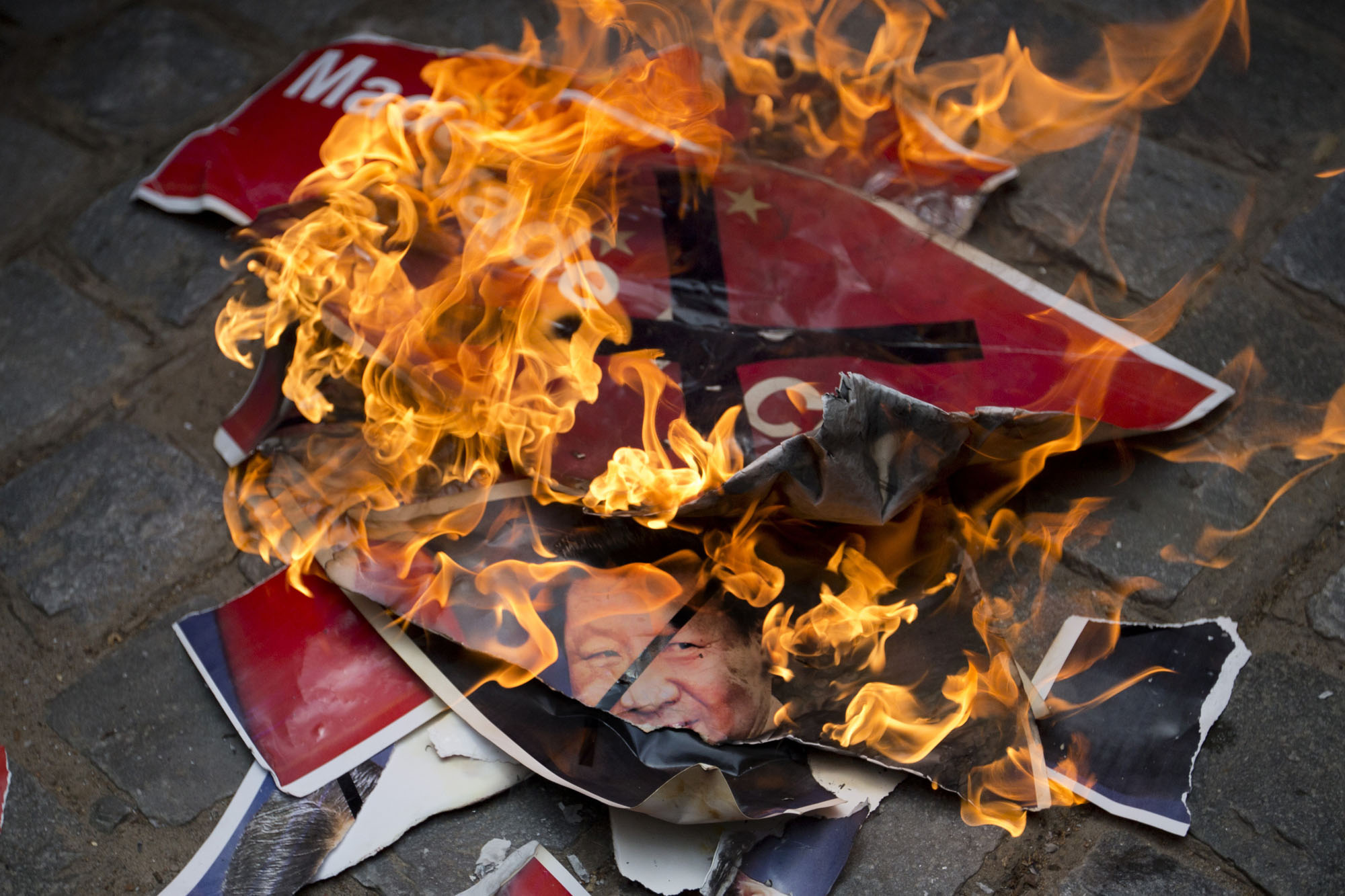The mounting military tensions at Doklam, the tri-boundary area connecting Bhutan, China and India, have generated the impression that India and China are going to repeat their 1962 war. Official Chinese media and think tanks have warned India that conflict can lead to war if not handled properly and India should take a lesson from history. When asked about the possibility of the current dispute escalating, Luo Zhaohui, China's ambassador to India, did not dismiss the likelihood of such a development. And an article in The Global Times, referring to India's involvement on behalf of Bhutan, reminded New Delhi that "under India's logic, if the Pakistani government requests, a third country's army can enter the area disputed by India and Pakistan."
In New Delhi the rhetoric is similarly tough. For instance, when Beijing invoked the 1962 war and its humiliation of India, Defense Minister Arun Jaitley replied that "The India of 2017 is different from the India of 1962." Likewise, Gen. Bipin Rawat, India's chief of army staff, also acknowledged the possibility of an Indo-China war and said the "Indian Army is fully ready for a 2½-front war." The government's recent authorization of the army to make emergency purchases of ammunition, stores and spares for several weapon platforms also point toward an impending short, intense war between India and China.
The fear of an India-China war does not emanate from the Doklam standoff in isolation. The possibility of war between the two nuclear-armed giants of the Asia-Pacific region, with their 2.6 billion combined population, has been one of the significant concerns of the global strategic community for the last few decades. Certainly a war, which could cause thousands of casualties and decimate a substantial part of the global economy, is a pressing matter for the strategic community.



